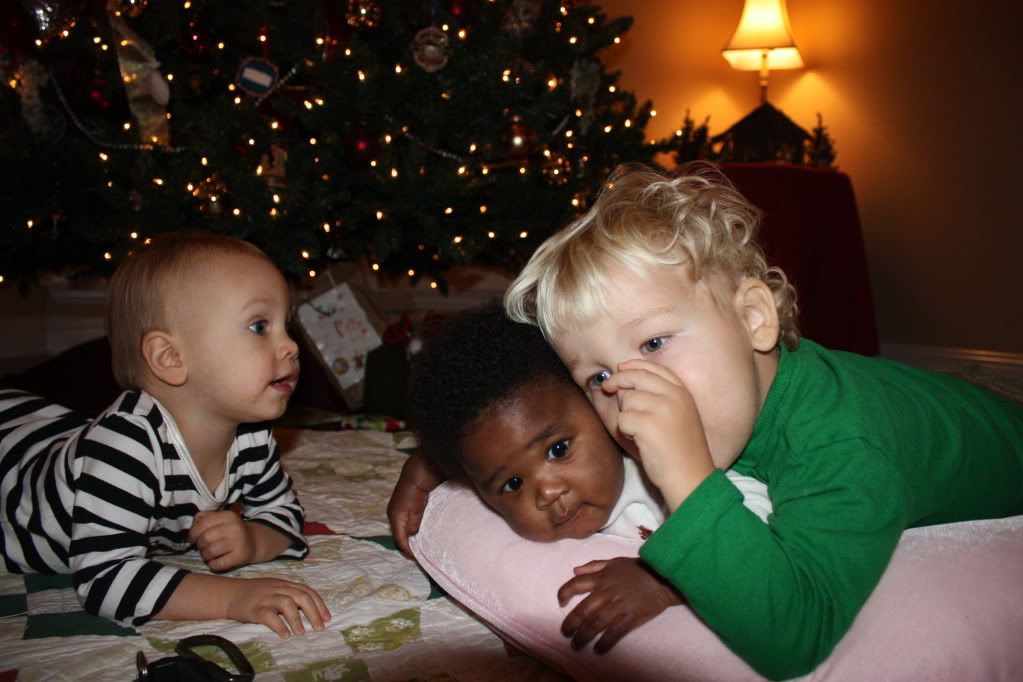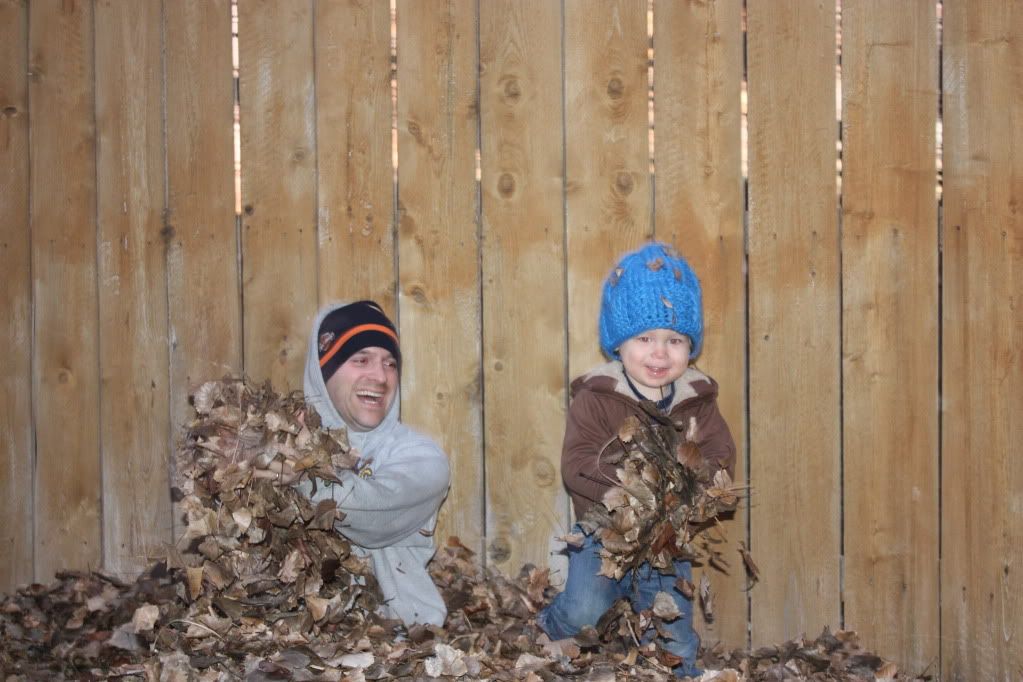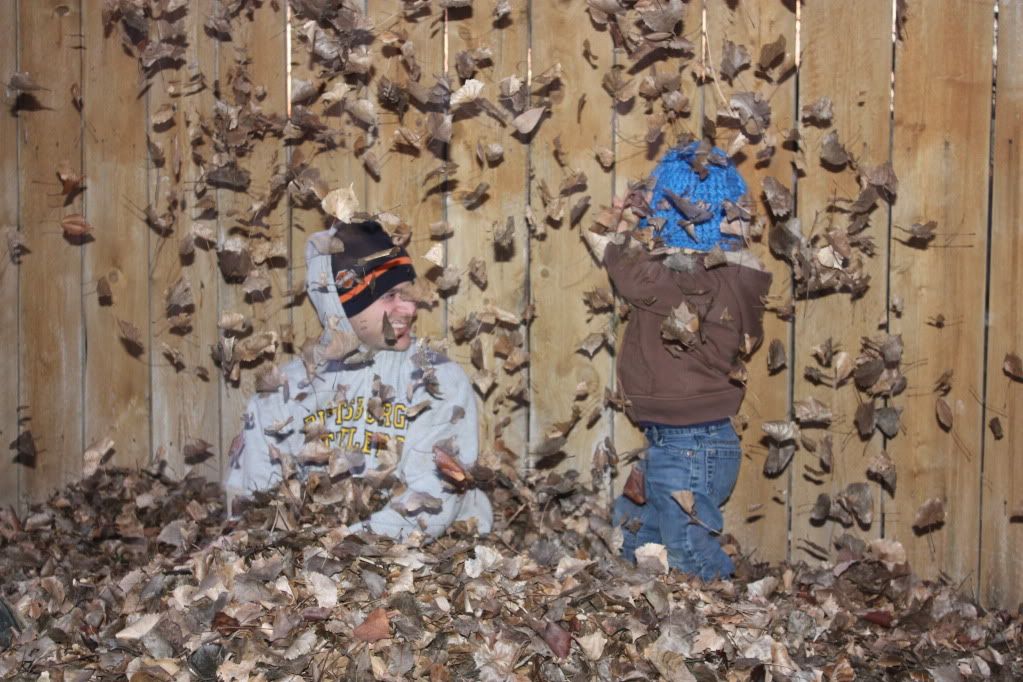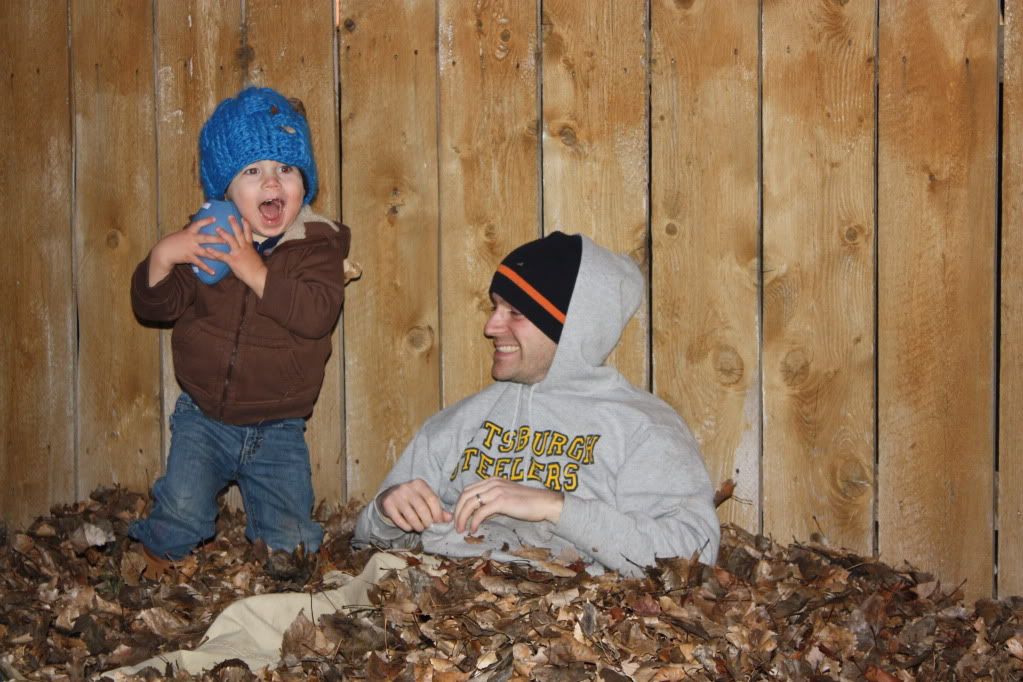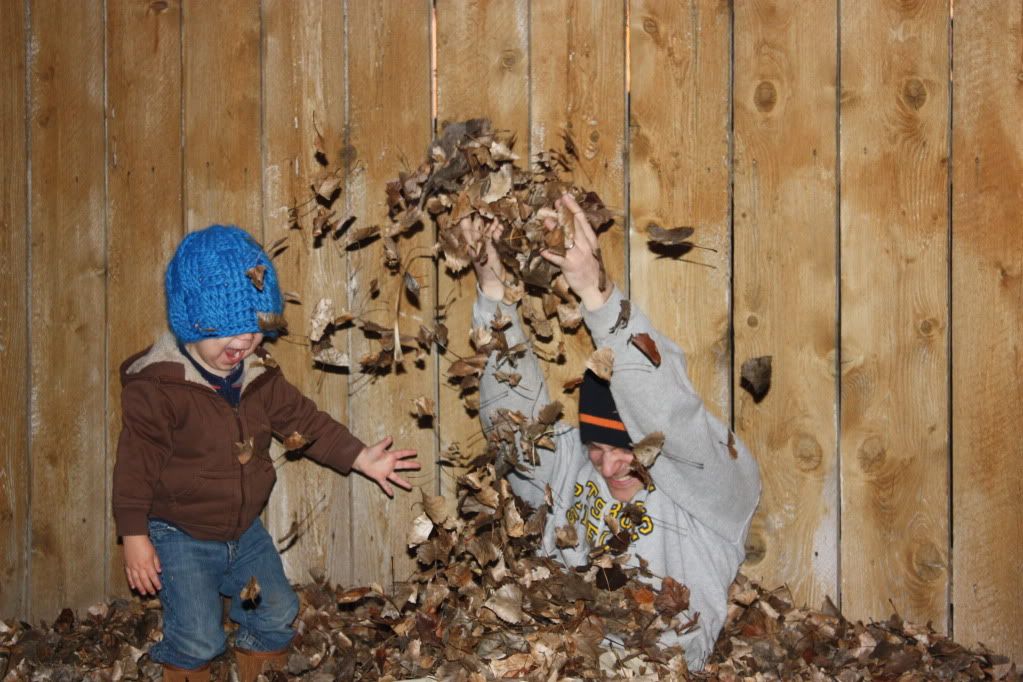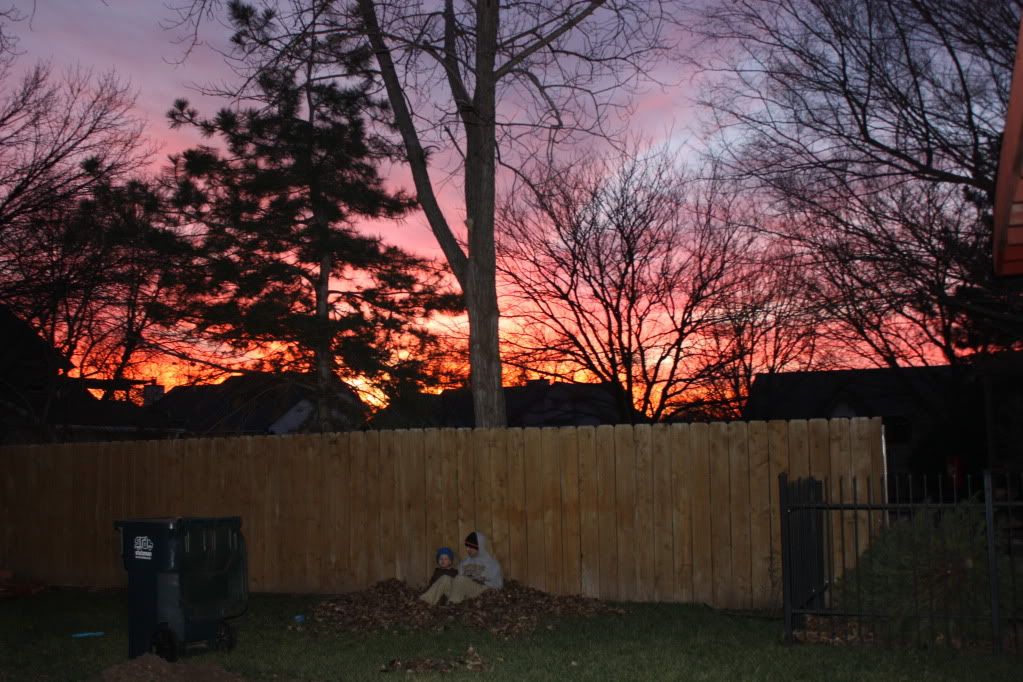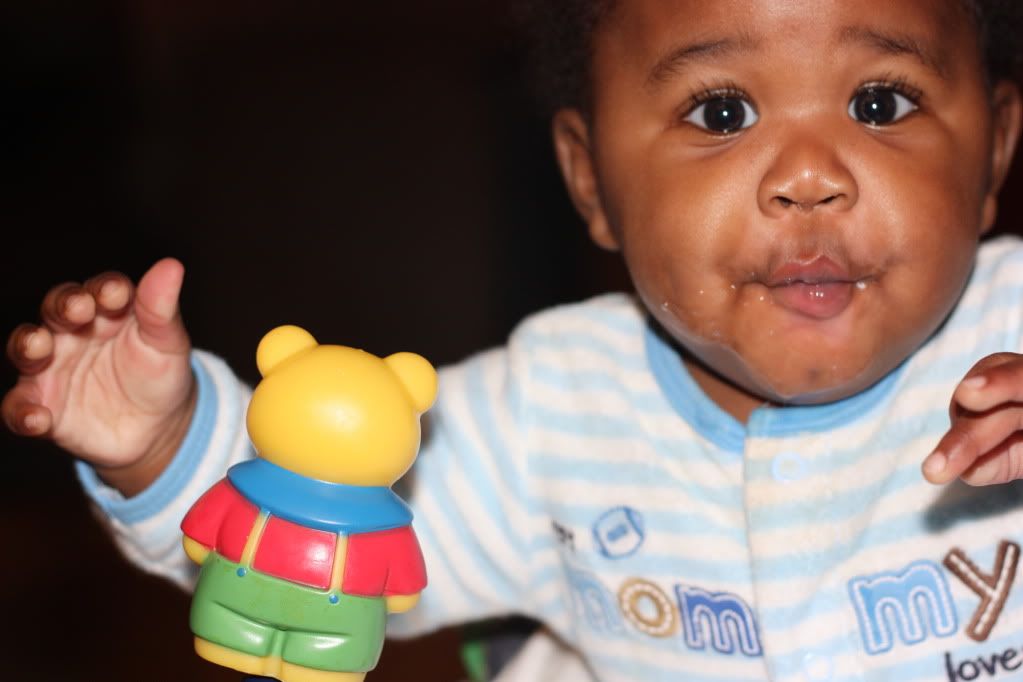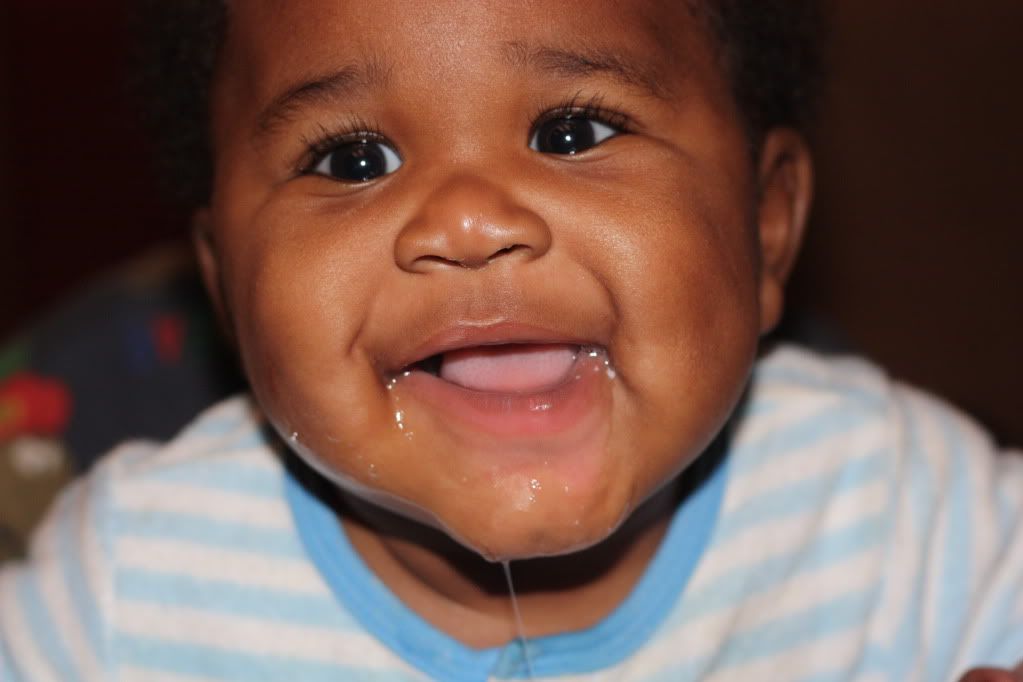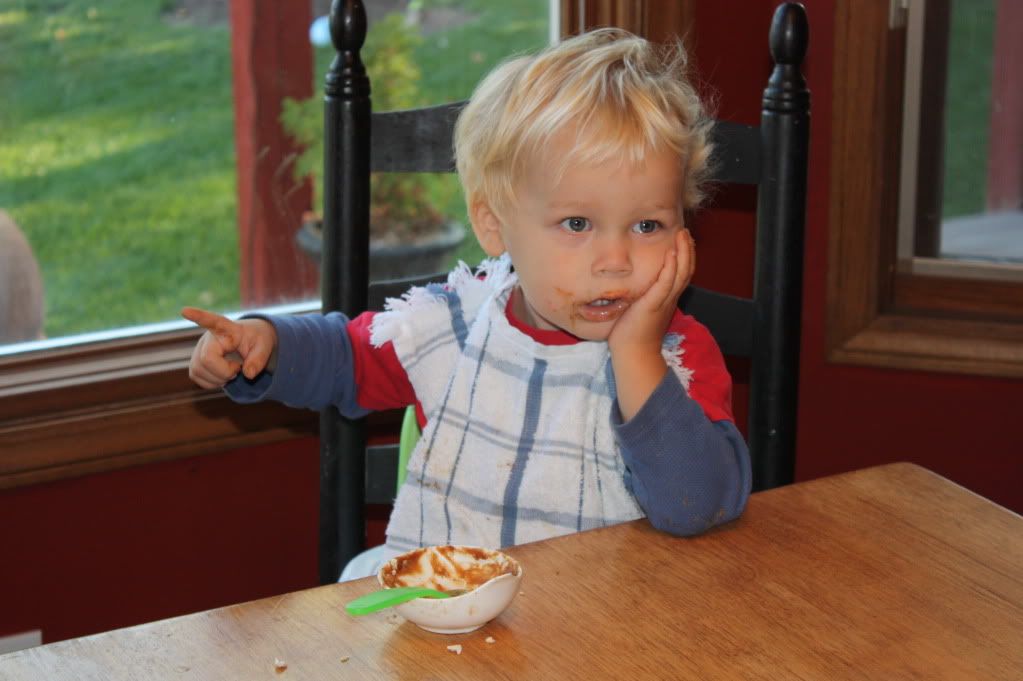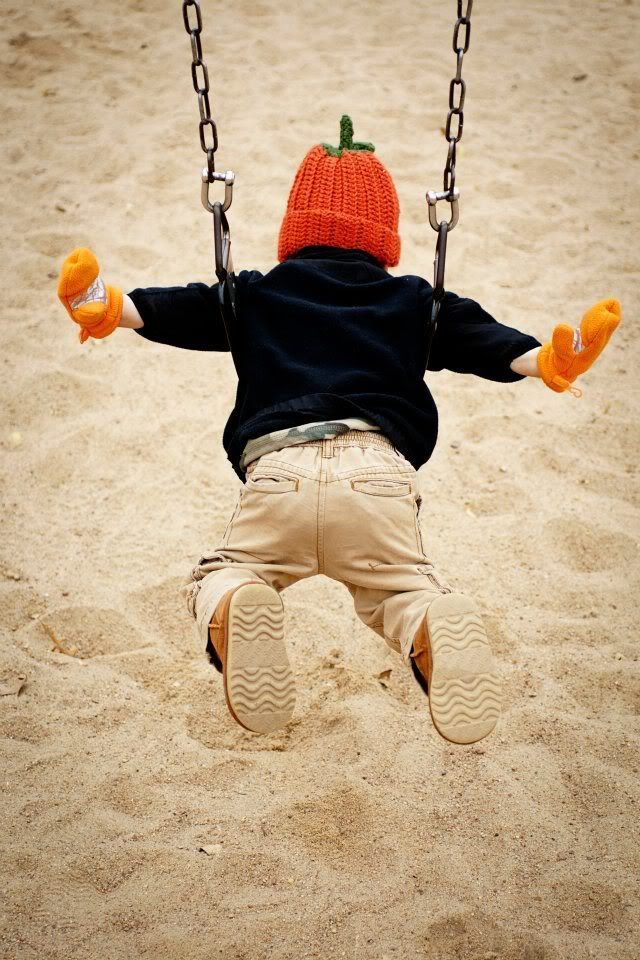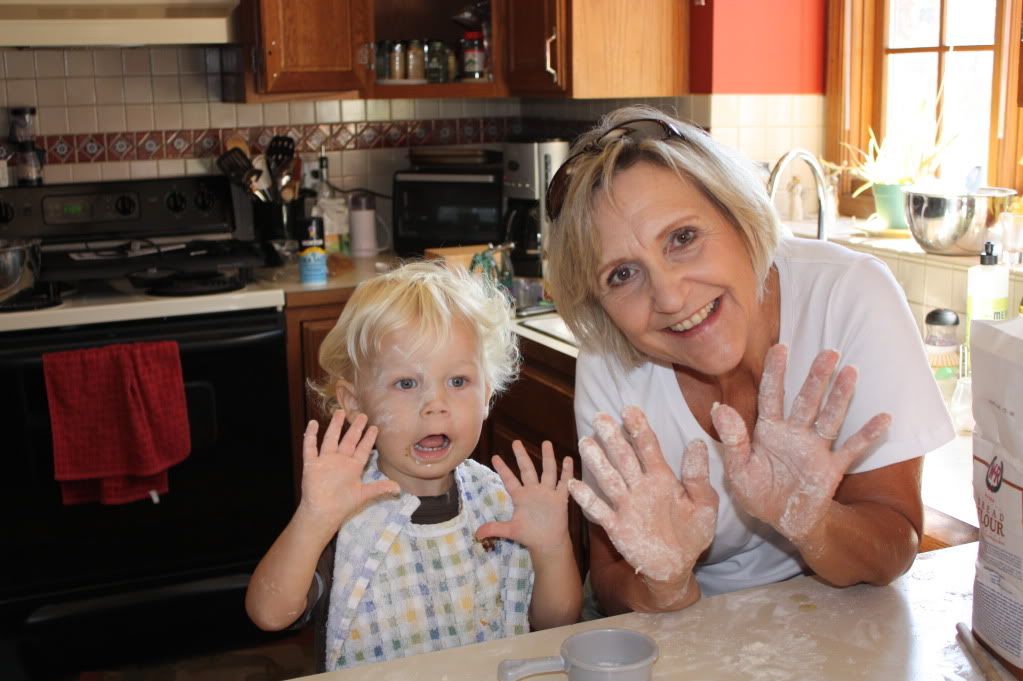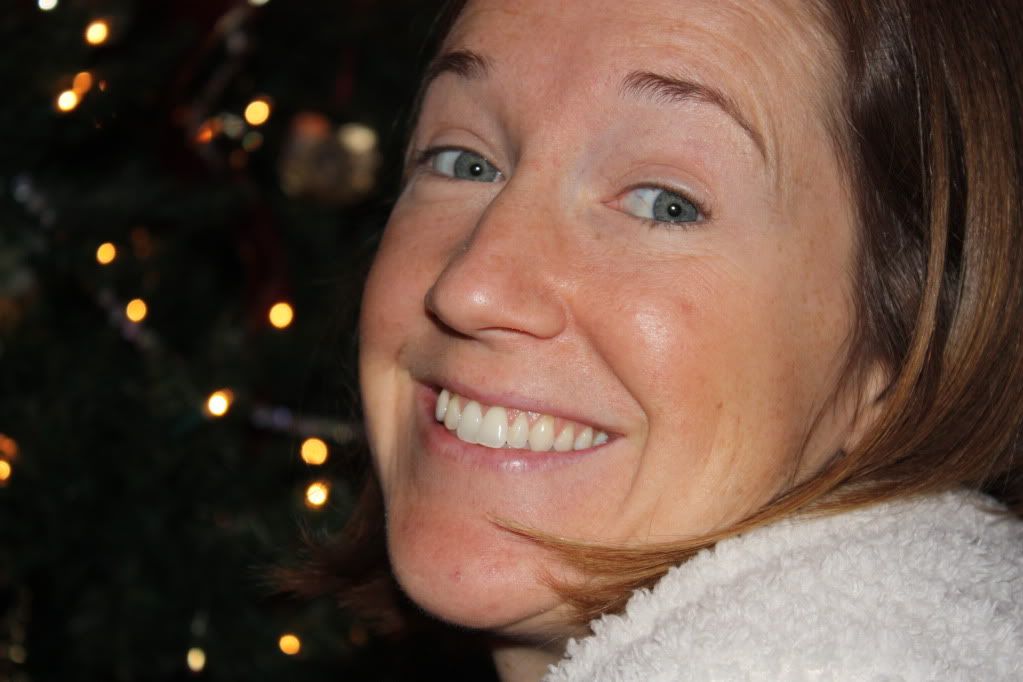The authors are Ashley Merryman and Po Bronson who have written extensively for Newsweek and many other publications. The book that the two wrote is called Nurture Shock (amazing book that I highly recommend). According to the authors, in the book they "argue that many modern strategies for nurturing children are backfiring—because key twists in the science have been overlooked. Small corrections in our thinking today could alter the character of society long term, one future citizen at a time." Good stuff.
Here's the basic premise of the article on race that found me twice. Kids see color - just like they see gender and weight. They are never color blind. They are never color blind. This goes against our natural assumption that says that they are color blind unless the world teaches them to notice racial differences. Kids already notice the differences. It's up to us to give them the tools to view those differences in a positive way - tools that teach them to live with empathy and compassion for all people, including those who are different from themselves, and not only to tolerate differences, but to see them as beautiful and essential.
Our unwillingness to talk to kids about race inadvertently gives them the message that race is something unacceptable to talk about. Instead of allowing it to be an open discussion, we shut it down and keep silent and let the world inform their views on race instead of us doing so. The article says that in a study of 17,000 families, 75% of the white families never, or almost never, talked about race with their kids. Seventy-five percent!
Kids Are Not Color-blind
Check this out. This totally blew my mind.
It takes remarkably little for children to develop in-group preferences. (A researcher named) Rebecca Bigler ran an experiment in three preschool classrooms, where 4- and 5-year-olds were lined up and given T shirts. Half the kids were randomly given blue T shirts, half red. The children wore the shirts for three weeks. During that time, the teachers never mentioned their colors and never grouped the kids by shirt color.Bigler says it's important to start talking to our kids about race by the time they're 3 years old, saying that "children naturally try to categorize everything, and the attribute they rely on is that which is the most clearly visible. We might imagine we're creating color-blind environments for children, but differences in skin color or hair or weight are like differences in gender—they're plainly visible. Even if no teacher or parent mentions race, kids will use skin color on their own, the same way they use T-shirt colors."
The kids didn't segregate in their behavior. They played with each other freely at recess. But when asked which color team was better to belong to, or which team might win a race, they chose their own color. They believed they were smarter than the other color. "The Reds never showed hatred for Blues," Bigler observed. "It was more like, 'Blues are fine, but not as good as us.' " When Reds were asked how many Reds were nice, they'd answer, "All of us." Asked how many Blues were nice, they'd answer, "Some." Some of the Blues were mean, and some were dumb—but not the Reds.
Douglas, two-and-a-half, put his arm up to mine the other day and said, "matches." He already notices that his skin color matches mine.
Parents need to talk to their kids about race.
The article also talks about the fact that people tend to be very comfortable talking to their kids about gender equality and that this should be a model for how we talk to them about race. "The same way we remind our daughters, 'Mommies can be doctors just like daddies,' we ought to be telling all children that doctors can be any skin color. It's not complicated what to say. It's only a matter of how often we reinforce it."
One study mentioned in the article by a researcher named Birgitte Vittrup showed that it was very difficult - painful even - for many parents to talk openly about race to their kids. They just couldn't bring themselves to do it. It was so engrained in their minds that it's a "taboo" topic that, even when prompted to do so for the purpose of a research study, they just couldn't. "Of all those Vittrup told to talk openly about interracial friendship, only six families managed to actually do so."
But. But.
"For all six (who did talk to their kids about race), their children dramatically improved their racial attitudes in a single week. Talking about race was clearly key."
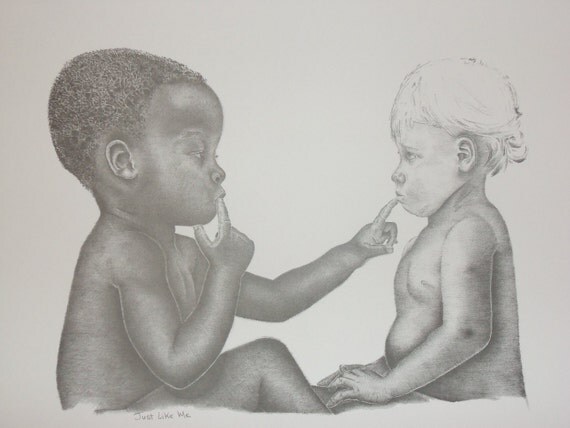
This drawing by Pencil Artist Dave McCamon called “Just Like Me” was given to me by Micah's parents. We hung it up in the boys' room. Two eyes, one mouth, two ears - Different, AND the same.
These conversations need to be explicit.
"To be effective, researchers have found, conversations about race have to be explicit, in unmistakable terms that children understand. A friend of mine repeatedly told her 5-year-old son, "Remember, everybody's equal." She thought she was getting the message across. Finally, after seven months of this, her boy asked, "Mommy, what's 'equal' mean?"I oftentimes wonder exactly what I should be telling the kids. How to be explicit enough. The important thing is just to start somewhere - in time you will get more comfortable with talking to your kids about it. Don't let your fear of saying "the wrong thing" keep you from saying the truth.
Bigler ran a study in which children read brief biographies of famous African-Americans. For instance, in a biography of Jackie Robinson, they read that he was the first African-American in the major leagues. But only half read about how he'd previously been relegated to the Negro Leagues, and how he suffered taunts from white fans. Those facts—in five brief sentences were omitted in the version given to the other children.
After the two-week history class, the children were surveyed on their racial attitudes. White children who got the full story about historical discrimination had significantly better attitudes toward blacks than those who got the neutered version. Explicitness works. "It also made them feel some guilt," Bigler adds. "It knocked down their glorified view of white people." They couldn't justify in-group superiority."
There are myriad ways to talk about this explicitly with kids. One simple way that I've used is to tell them that God made people with all different colors of skin. That he loves all of us the same, no matter what skin color we have or where we came from. And that our family loves people with all different skin colors and from all different places, too. That we're so happy that God made such a beautiful world filled with people of every different color and size and shape.
When kids unknowingly say uncomfortable or embarrassing things about race, it's usually our instinct to shush them. Sarah could have easily, easily shushed Emmi when she asked why Timon has brown skin. But because she knows that I believe that it's not only ok, but vital to talk about this stuff, she held back - thankfully - and allowed a positive, open conversation to take place.
Kids learn very early in life to categorize and sort - whether it be based on gender, race, size, t-shirt color, etc. At a certain age they will naturally leave people out based on physical differences. That is a normal part of development. It is up to us as their parents and role models to teach them to be inclusive. That it is wrong and unkind to choose against being friends with people who look different.
Let's not choose the easy road of silence. Let's not let the world teach our kids about race. Because I'm pretty sure the world will leave out some really important parts. Like how wonderful it is that we don't all look the same or have the same cultural background - how boring it would be if we did. And how unique and beautiful each person is. Like Timon with his oober curly, dark hair and his huge, round, sparkly brown eyes. And Douglas with his blonde hair with loose, wild curls and his winking blue eyes.
You may believe many positive things about people of all races and about diversity, and you may just assume that your kids know that you feel this way. But they don't. If you never talk about it, many of them will assume that you feel negatively about it - that's what the research shows. How will your kids know how you feel if you don't tell them?! We can't leave it up to them to guess. It's up to us to say it out loud. It's up to us to teach them.
--------------------------------------------------------------------------------------------------------------------------------------------------------
For a list of ideas of children's books that can jump start some of these conversations about race, check out this blog post. I also really like "Ten Little Fingers and Ten Little Toes." It's not super explicit, but it could be a great conversation starter.
Also, I'm sure some of you are unsure about what you think of all of this - I'd encourage you to read the article . It's really interesting stuff, and it covers a lot of ground.
